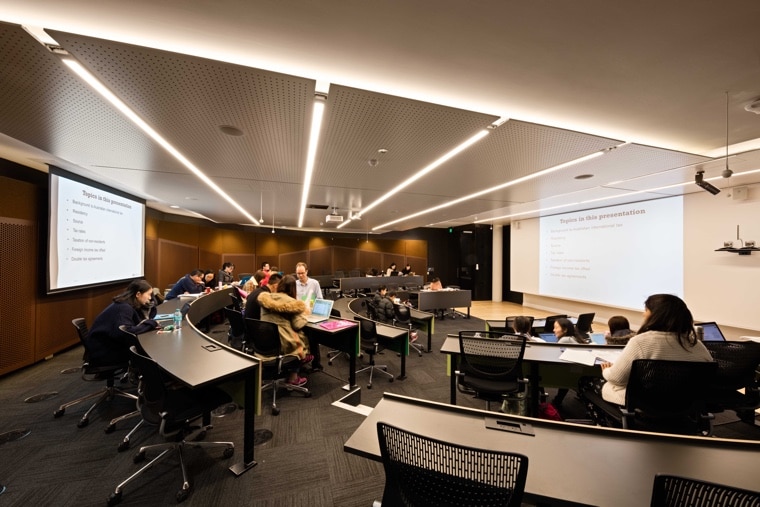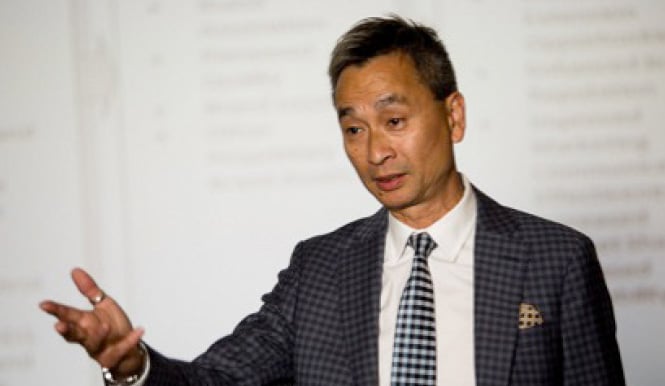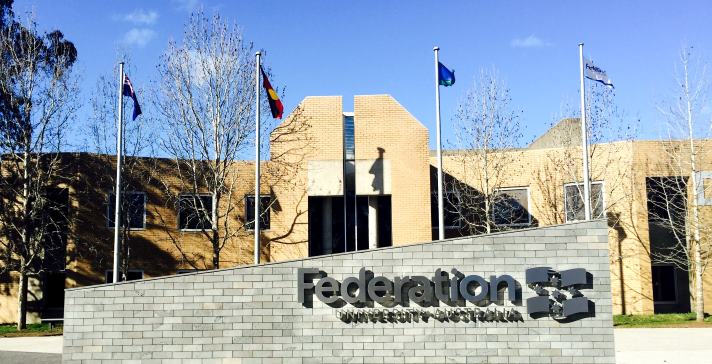Revamped UTAS MBA — Building a Distinctive Community of Leaders

The specific needs and challenges of managers of SMEs operating in a regional economy is the focus of the redesigned MBA program offered by the Tasmanian School of Business and Economics at the University of Tasmania.
The School’s MBA Director Dr Tommy Wong said the redesigned program being offered from 2018 was the result of a strategic review based upon research, not just of students, but the skills that industry is looking for in a regional environment.
“Regional situations demand that managers and business leaders — in the public, private or community sectors — need not be focused necessarily on one speciality but rather adept in a range of disciplines and be a problem solver in a general sense,” Dr Wong said.
“The new MBA program has a very niche focus, without the in-depth specialisation of other programs, but without abandoning the essentials of the best MBAs.

“We fully understand the needs of SMEs operating regionally and knowing that regional businesses are often global in outlook, our business education is as relevant to local markets as it is internationally.
“In a regional economy like Tasmania you usually won’t have the resources available that you would in a bigger market or large enterprise, so as the SME manager you most likely will need to work in different functions rather than just on one set task.”
“The MBA opened up opportunities for me to broaden my skill base. This has fed forward in my career to allow me to progress from running a manufacturing business into what I do currently, manage a sales and marketing program for an agriculture company.”
–Owen Johnston, Master of Business Administration
A new structure has been introduced for the MBA. Three study periods will be run in a year rather than two, so students will still complete the MBA in two years of part time study.
And because of the need to balance work with study and other priorities, the MBA combines interactive online teaching with intensive weekend workshop(s) each study period.
Facilitated by industry leaders, the workshops allow the face-to-face exchange of ideas and networking that helps to build a distinctive community of leaders.

“This blended teaching model for the 12 core units treats the students as managers,” Dr Wong said. “The workshops will be delivered by academics from UTAS as well as industry leaders.
“The industry leaders will help students ‘unpack’ the concepts learned and help implement the learnings in practical situations.
“Take the bits and pieces you can use at work — the rest you can put in a toolbox for future use. We think that it is critical for our students to have a general understanding and how to use what they’ve learned in real situations.”
Dr Wong said employers and industry are importantly looking for ‘soft skills’ – communication and entrepreneurial – and as such students will receive mentoring support, from the School Dean, academic staff and industry experts.
To complete their MBA, students will test their knowledge on an international study tour.
For more information please visit: www.utas.edu.au/mba
Main image by Noogz (Own work) [CC BY-SA 3.0 , via Wikimedia Commons





